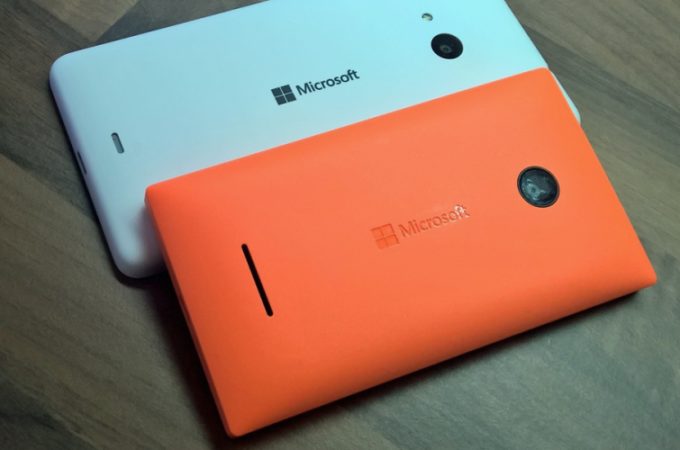
A Victory for Compatibility: the Ninth Circuit Gives Teeth to RAND Terms
By Stacy Ruegilin – Edited by Ken Winterbottom
Microsoft Corp. v. Motorola, Inc., No. 14-35393, 2015 WL 4568613 (9th Cir. July 30, 2015).
Last week, the Ninth Circuit handed Microsoft a victory against Motorola in a case that tempers hardball tactics to enforce patents on “standards-essential” technologies. A panel of three judges in San Francisco upheld a District Court’s ruling that technology standardization places a patent-holder under contractual obligation to offer licenses at reasonable and non-discriminatory (“RAND”) rates, which may be determined by a court if necessary.
Standards allow consumers to use certain technologies across multiple devices, even if they are produced by different manufacturers. For example, when a consumer purchases a computer from Microsoft, they know that it will be able to read file formats patented by other technology companies, such as PDF, JPEG, Flash, and Bluetooth. These formats are standards that have been accepted and propagated by standards-setting organizations (SSOs).
The theory is that everyone benefits from this arrangement: it adds value to the products of technology companies and offers compatible devices to consumers. Registering with an SSO is a step toward market ubiquity, but by doing so, the patent holder is usually required to offer licenses on RAND terms. This encourages competition by preventing the holder of a standards-essential patent from demanding exorbitant royalties for standards that reach market dominance.
Microsoft v. Motorola arose out of a dispute involving two patents held by Motorola and adopted as standards-essential by the Institute of Electrical and Electronics Engineers (“IEEE”), a technology SSO. Microsoft licensed use of the standards in its computers and Xbox gaming console. In 2010, Motorola sent Microsoft a letter demanding a 2.25% royalty on the final sale price of any product using the standards. Microsoft refused, and filed suit against Motorola in a Washington federal court for breach of its contractual obligation to offer RAND terms. In response, Motorola filed a patent-enforcement suit in Germany, seeking an injunction to halt the sale of Microsoft products incorporating the standards. To defend its European operations, Microsoft immediately relocated its distribution center from Germany to the Netherlands. In 2012, Google entered the suit when it bought Motorola and its patents. Google retained ownership of the patents-at-issue even after selling Motorola to Lenovo in 2014.
The district court held that by filing for standardization with the IEEE, Motorola had entered a contract to offer licenses on RAND terms. Turning to the merits, it found that Motorola’s royalty demand was far beyond the RAND rate, which it calculated at $0.55 per license rate based on a pool of comparable standards rates. Microsoft was subsequently awarded $14.52 million in damages for legal fees and compensation for having to relocate its distribution center.
“[It]’s a sure thing that big companies will think twice before using standards-essential patents against their competitors.” said Joe Mullin of Ars Technica. Quoting Charles Duan of Public Knowledge, Bloomberg Business similarly reported “this ruling is a win for consumers, competition, and innovation . . . . It keeps prices reasonable for old products and allows new products to come to the marketplaces.”